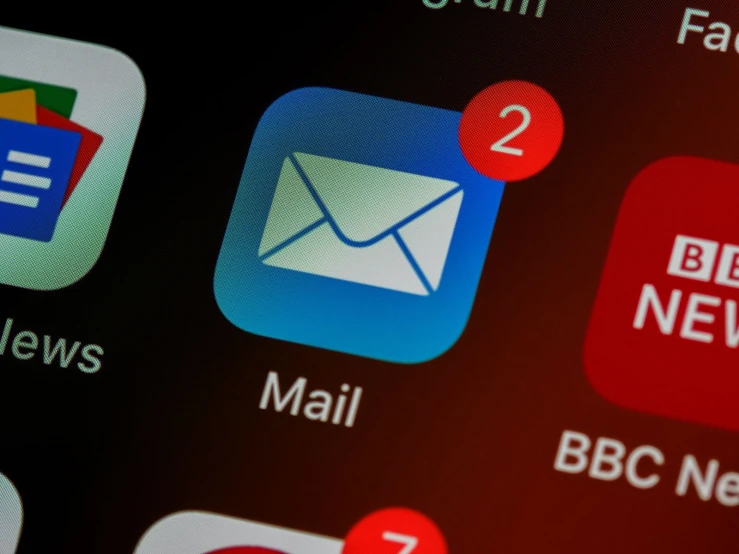How to protect yourself from phishing emails
Posted January 6th, 2023 by SimpliSafe

What is phishing?
A phishing attack occurs when a criminal makes a fraudulent attempt to trick unsuspecting individuals into disclosing sensitive personal information (such as usernames, passwords and banking details), often by disguising themselves as a trusted source. Email is a common form of communication for these fraudsters.
It’s been revealed that, since May 2021, Google Threat Analysis Group has blocked around 1.6 million phishing emails, making it one of the most common types of cybercrimes. With this in mind, it’s essential that individuals - both when using personal and work devices - are aware of the key characters to look out for when spotting a suspicious email. By staying on high alert when navigating the web, you’ll avoid the potentially devastating consequences of a phishing attack - from both an emotional and financial standpoint.
Phishing email characteristics
Think you might have received a phishing email? These are the main characteristics to keep an eye out for:
Spelling mistakes and poor grammar
New senders or unrecognised contacts that appear out of the blue
Generic greeting, such as “Dear Sir or Madam”, or no greeting message at all
Making a request for you to disclose personal information
Messaging with urgency
Email domains that don’t match
Suspicious, unsolicited attachments
Links to unfamiliar web pages that don’t match the email’s context
The message has been sent from a public domain
What should you do if you receive a phishing email?
First things first, do not, under any circumstances, open the email - as tempting as the ‘offer’ might be. Instead, move the email over to the trash so that there’s no risk of you accidentally opening it at another time.
Secondly, if the email does come with a suspicious attachment, or links that appear within the message, don’t click on these either. Otherwise, you could have an infected device on your hands, which would be a major risk to your security.
It’s also wise to avoid typing out a response to the sender - even if that’s to politely decline their offer - as this could also lead to device infection. If they’ve provided a phone number, don’t call this either. You might instead be met with an unnaturally long voicemail message, resulting in a hefty phone charge.
And the final step? Report that message as soon as you can. Forward the suspicious email to report@phising.gov.uk so that the National Cyber Security Centre (NCSC) can investigate it.
How to protect yourself from phishing attacks
Security software
By ensuring that each of your devices is installed with the most up-to-date security software, you’ll be protected from potential cyber threats. Rather than hitting the ‘snooze’ button on an update notification, set the software to automatically update.
Multi-factor authentication
Multi-factor authentication (MFA) requires the user to confirm their identity using two or more methods, providing an additional layer of security. This way, even if a hacker were to be aware of one credential, they’ll have to continue to confirm their identity, which lessens the chances of account access. Easy to implement and a surefire way to protect your personal information, the risk of a cyber attack is automatically decreased with MFA.
Data backups
Data backups will protect you during a cyber attack, saving valuable time and money. Where protecting business data is concerned, being proactive will save you in the long run, allowing for a faster recovery.
Not only this, if you accidentally delete a file, or your operating system fails, you can rest easy knowing that you have a backup on hand.
Trust your instincts
Last, but certainly not least, always trust your instincts to stay protected from phishing attacks - the best way to stay protected from a hacker is to resist being caught up in their trap. If a message seems too good to be true, or something seems off, act with caution. Granted, a notification claiming that you’ve won the lottery is sure to get your heart racing, but is it realistic? By looking out for the typical phishing characteristics, you’ll be safer online.
Don’t limit yourself to device security. Physical security is just as important for ensuring round the clock safety, and that’s where we come in. To find out more about how our customisable home security system can help keep you, your belongings and your property safe, contact our team today.